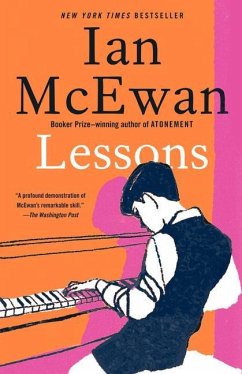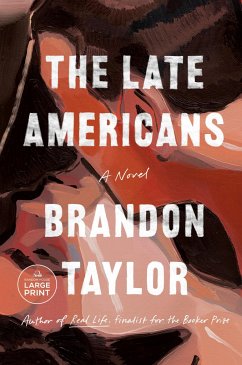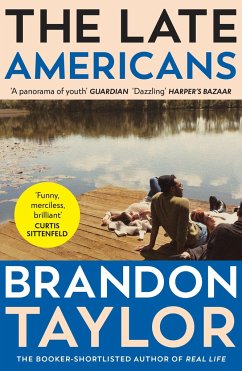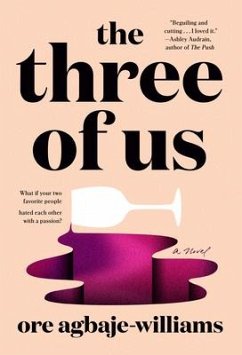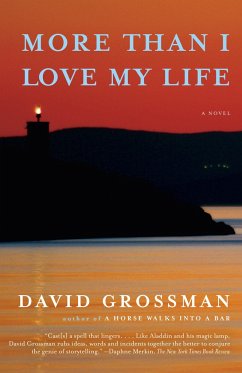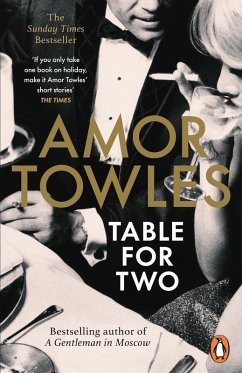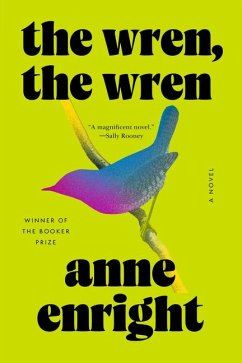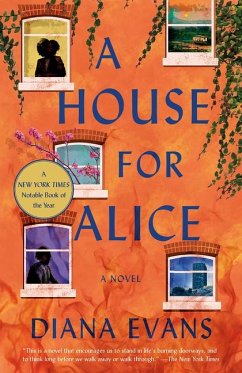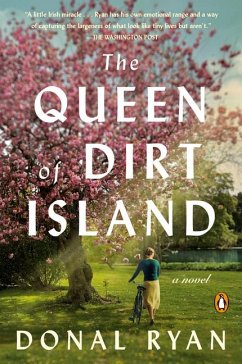Nicht lieferbar
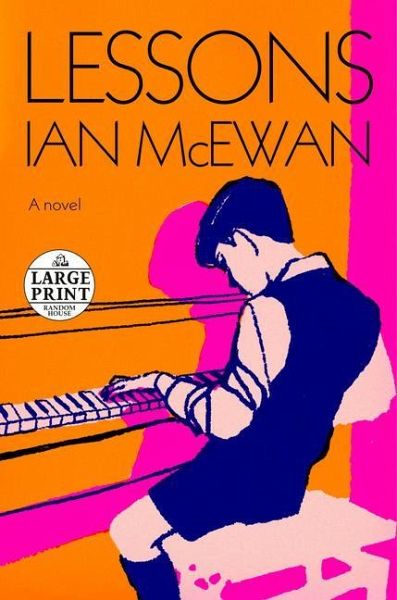
Ian McEwan
Broschiertes Buch
Lessons
Versandkostenfrei!
Nicht lieferbar
Weitere Ausgaben:





"The story of one man's life across generations and historical upheavals: a deeply affecting novel about love, loss, ambition, and resolution"--
IAN MCEWAN is the critically acclaimed author of seventeen novels and two short story collections. His first published work, a collection of short stories, First Love, Last Rites, won the Somerset Maugham Award. His novels include The Child in Time, which won the 1987 Whitbread Novel of the Year Award; The Cement Garden; Enduring Love; Amsterdam, which won the 1998 Booker Prize; Atonement; Saturday; On Chesil Beach; Solar; Sweet Tooth; The Children Act; Nutshell; and Machines Like Me, which was a number-one bestseller. Atonement, Enduring Love, The Children Act and On Chesil Beach have all been adapted for the big screen.
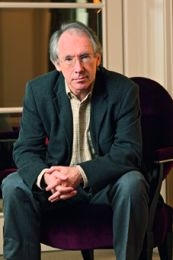
© Bastian Schweitzer / Diogenes Verlag
Produktdetails
- Verlag: Diversified Publishing
- Seitenzahl: 704
- Erscheinungstermin: 27. September 2022
- Englisch
- Abmessung: 232mm x 151mm x 30mm
- Gewicht: 668g
- ISBN-13: 9780593663998
- ISBN-10: 0593663993
- Artikelnr.: 63598233
Herstellerkennzeichnung
Libri GmbH
Europaallee 1
36244 Bad Hersfeld
gpsr@libri.de
Lessons is easily McEwan's most accomplished novel since Atonement... he offers intelligent reflection on his novel's evergreen themes. The Times
Eleven-year-old Roland Baines’ life changes dramatically when his Africa based parents decide to send him back to England to attend a boarding school and get the classic education. While the political landscape forms itself after the Second World War, the boy takes piano lessons with Miss …
Mehr
Eleven-year-old Roland Baines’ life changes dramatically when his Africa based parents decide to send him back to England to attend a boarding school and get the classic education. While the political landscape forms itself after the Second World War, the boy takes piano lessons with Miss Cornell who will shape not only his idea of music, she will become his first love. Incidentally or initiated by fate, Roland’s life will remain closely connected to global events, be it the cloud coming from Chernobyl, the beginning and end of the Cold War, or major crises such as AIDS and the pandemic. As we travel through his life, he has to learn some lessons, some taken light-heartedly, others a lot harder and leaving scars.
I have been a huge fan of Ian McEwan’s novel for years and accordingly, I was keen to open his latest novel “Lessons”. What I have always appreciate most in his books is his carefully crafted characters who – hit by events outside their control – need to cope and to adjust. He is a wonderful narrator who easily makes you sink into the plot and forget everything around you. Even though “Lessons” does not focus that much on a single question as in “The Children Act” or “Saturday” and was much longer than most of his former writings, I hugely enjoyed how his protagonist’s character unfolds in front of us and becomes who he is when his life closes.
The novel has been announced as “a chronicle of out times” and admittedly, that’s just what it is. By the example of Roland, he illustrates the last six decades, he chronicles British and European politics, arts, music and mind-set. Roland’s process of learning does not stop, life is a continuous process of trial and error, of mistakes and good decisions which all leave their mark.
Interestingly, the protagonist is a rather passive character. He only ever reacts to what happens, his piano teacher’s advances, his wife’s running away, his career: Roland does not actively shape his life, it is the first and foremost the women he encounters who make him move and – even though they all remain minor characters – it’s them who bring the verve and dynamics into the action.
I can imagine that some readers will find the novel a bit slow and lacking focus, yet, I totally adored it and enjoyed every minute of the read.
Weniger
Antworten 0 von 0 finden diese Rezension hilfreich
Antworten 0 von 0 finden diese Rezension hilfreich
Andere Kunden interessierten sich für




